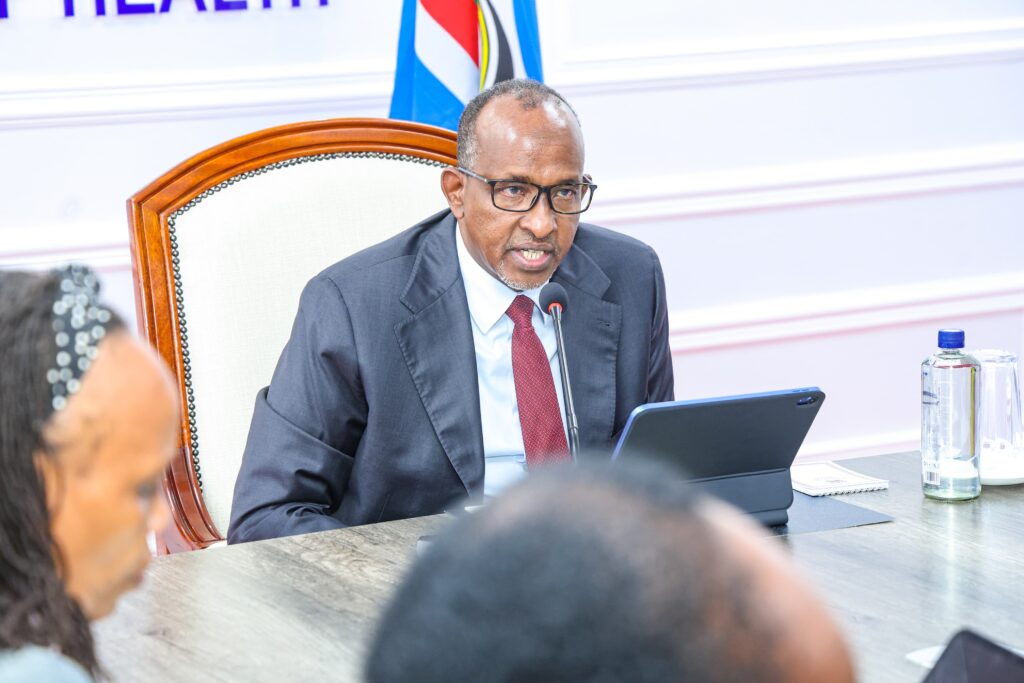Kenya is taking decisive steps to strengthen the credibility of its health training institutions as part of broader efforts to build a resilient health system and advance Universal Health Coverage (UHC).
A recent high-level engagement brought together health and education stakeholders, including representatives from university and college regulators as well as professional health councils, to address systemic gaps between the health and education sectors. The discussions underscored the urgent need to harmonize workforce planning, training, and placement while aligning curricula with professional and regulatory benchmarks.
One of the main resolutions was to develop a joint framework that integrates health workforce development into national planning. This framework will ensure that training institutions produce graduates equipped with the competencies required to meet Kenya’s evolving healthcare needs. By standardizing professional programs and enhancing regulatory oversight, the country aims to safeguard patient safety and raise the overall quality of care.
A strong emphasis was placed on the importance of preparing adequate numbers of skilled and multidisciplinary health teams. These professionals will play a central role in the rollout of Taifa Care, Kenya’s flagship UHC program, and in ensuring that healthcare remains safe, affordable, accessible, and of the highest quality.
The initiative also highlights the government’s commitment to bridging gaps that have long existed between health service delivery and the education system. By fostering collaboration between training institutions, regulators, and placement agencies, the approach not only strengthens institutional credibility but also guarantees that the healthcare workforce is well-prepared to handle present and future challenges.
The meeting also reaffirmed that higher professional standards are essential to protecting patients and maintaining public confidence in Kenya’s healthcare system. Leaders from key institutions pledged to align their efforts to improve the credibility, accountability, and capacity of training institutions, while promoting transparency in student placement and ensuring equitable access to health education opportunities.
This collaborative effort marks a significant stride in advancing the national health agenda, positioning Kenya’s health training institutions as critical enablers of UHC. By elevating training standards, enhancing oversight, and ensuring that curricula are responsive to the country’s healthcare needs, Kenya is laying a firm foundation for a stronger and more resilient health system that can serve its citizens effectively

